DEX vs CEX - Key Differences and Similarities

Cryptocurrency trading has gained immense popularity, offering high potential returns for investors. To enter the world of crypto trading, one must navigate the landscape of exchanges.
The two primary types of exchanges are centralized exchanges (CEX) and decentralized exchanges (DEX).
In this article, we will explore the key differences and similarities between DEXs and CEXs, helping you make an informed decision when choosing an exchange for your crypto transactions.
What is a Centralized Exchange (CEX)?
A centralized exchange operates as a digital marketplace where users can trade cryptocurrencies. A central authority, similar to traditional stock exchanges, manages these exchanges. Examples of popular CEXs include Binance, Coinbase, and Kraken.
Advantages of CEXs
User-friendly interface: CEXs offer intuitive and beginner-friendly interfaces, making it easier for new traders to navigate the platform.
Higher liquidity: Centralized exchanges generally have higher trading volumes and liquidity, allowing for easier buying and selling of cryptocurrencies.
Faster transactions: CEXs use off-chain matching systems, enabling faster transaction processing than DEXs.
Regulatory assurances: CEXs often comply with regulations and have more robust regulatory frameworks, offering users security and trust.
Additional trading features: Many CEXs provide advanced trading options such as margin trading, futures, and options contracts, catering to experienced traders.
Disadvantages of CEXs
Lack of privacy: CEXs typically require users to complete a Know Your Customer (KYC) verification process, compromising user privacy
Security risks: As centralized platforms, CEXs hold users' funds in centralized wallets, making them susceptible to hacking attempts and theft.
Dependency on a central authority: Users must trust the centralized exchange to handle their funds securely and maintain the platform's stability.
Potential downtime and restrictions: CEXs can experience downtime due to maintenance or regulatory interventions, limiting users' access to funds and trading activities.
What is a Decentralized Exchange (DEX)?
Decentralized exchanges, on the other hand, operate without a central authority and intermediaries. DEXs leverage blockchain technology and smart contracts to facilitate peer-to-peer transactions. Notable DEXs include Uniswap and PancakeSwap.
Advantages of DEXs
Self-custody: DEXs allow users to retain control of their funds by utilizing non-custodial wallets, eliminating the need to trust a centralized authority.
Anonymity: DEXs often do not require users to complete KYC processes, preserving user anonymity and privacy.
Reduced security risks: DEXs eliminate the risk of a single point of failure, as assets are not stored in a centralized location, minimizing the potential for hacks and thefts.
Permissionless trading: DEXs enable anyone to participate in trading without facing barriers such as KYC requirements.
Access to unique tokens: DEXs often support early-stage projects, providing users access to unique tokens before they are listed on centralized exchanges.
Disadvantages of DEXs
Limited trading options: DEXs primarily support basic token swaps and lack the advanced trading features offered by CEXs, such as margin trading and derivatives.
Slower transaction speed: Transactions on DEXs occur on-chain and require confirmation by miners, resulting in slower transaction processing than CEXs.
Lower liquidity: DEXs generally have lower trading volumes and liquidity compared to CEXs, which can lead to higher slippage and less favorable trading conditions for larger orders.
Complexity for beginners: DEXs often have more complex user interfaces and require users to interact with smart contracts, making them less beginner-friendly than CEXs.
DEX vs CEX - A Comparison
Let's delve deeper into the specific aspects of DEXs and CEXs, comparing their features and functionalities.
Security
Security is a crucial consideration when choosing an exchange. While both DEXs and CEXs have security measures in place, there are differences in the level of risk.
CEXs: Centralized exchanges are more susceptible to hacking attempts due to their centralized nature. If a CEX's security measures are compromised, users' funds could be at risk. However, reputable CEXs invest heavily in security measures to mitigate these risks.
DEXs: DEXs, being decentralized, offer a higher level of security. Since funds are not stored in a centralized manner, hackers have a harder time compromising user assets. However, it's essential to choose DEXs with robust smart contract security audits and protocols to ensure the safety of your funds.
Liquidity
Liquidity plays a vital role in the ease and efficiency of trading. Higher liquidity allows for better price discovery and reduces the impact of larger orders.
CEXs: Centralized exchanges generally have higher liquidity due to their larger user bases and established market presence. This makes it easier to buy and sell cryptocurrencies at desired prices.
DEXs: DEXs, especially those utilizing automated market maker (AMM) protocols, rely on users' liquidity. While DEX liquidity has been growing steadily, it is still lower than CEXs. Consequently, larger orders on DEXs may experience slippage and impact the execution price.
Fees
Trading fees can significantly impact the profitability of your trades. Let's compare the fee structures of DEXs and CEXs.
CEXs: Centralized exchanges often charge trading fees, which can vary depending on factors such as trading volume, order type, and market maker/taker status. These fees typically range from 0.1% to 0.5% per trade.
DEXs: DEXs generally have lower trading fees compared to CEXs. Many DEXs charge a flat fee per transaction, typically ranging from 0.1% to 0.5%. However, it's important to consider that DEXs may also charge additional network fees for transactions on the underlying blockchain.
User Experience
The user experience (UX) of an exchange can greatly influence your trading journey, particularly for beginners.
CEXs: Centralized exchanges often prioritize user-friendly interfaces and provide intuitive features, making them more accessible for users with limited trading experience. Additionally, CEXs offer customer support services to assist users with their trading needs.
DEXs: DEXs, particularly those utilizing AMM protocols, can have a steeper learning curve. Interacting with smart contracts and managing non-custodial wallets may require some technical understanding. However, DEXs continuously improve their UX to enhance accessibility for users of all experience levels.
CEX vs DEX: Which Is Better?
Determining whether a CEX or a DEX is better depends on your specific needs and preferences as a trader.
Choosing a CEX
You might prefer a CEX if:
- You are a beginner trader looking for a user-friendly platform.
- High liquidity and a wide range of trading options are important to you.
- You value regulatory assurances and trust in a centralized authority.
- Margin trading and advanced trading features are essential to your trading strategy.
Opting for a DEX
You might choose a DEX if:
- You prioritize self-custody and control over your funds.
- Privacy and anonymity are important to you.
- You are interested in early-stage projects and unique token offerings.
- Lower trading fees and reduced dependence on a central authority are appealing.
Conclusion
In conclusion, both DEXs and CEXs have their advantages and disadvantages. When choosing an exchange, it's important to consider factors such as security, liquidity, fees, user experience, and the specific needs of your trading strategy.
CEXs offer user-friendly interfaces, higher liquidity, and advanced trading features, but they come with potential security risks and require users to trust a centralized authority.
DEXs provide self-custody, anonymity, and lower fees, but they may have lower liquidity and a steeper learning curve for beginners. Ultimately, finding the right exchange depends on your preferences and trading requirements.
Frequently Asked Questions
Q1. What is the difference between a CEX and a DEX?
A CEX is a centralized exchange where a central authority manages transactions, while a DEX is a decentralized exchange that operates without intermediaries.
Q2. What are some of the best CEX and DEX platforms?
Popular CEX platforms include Binance, Coinbase, and Kraken, while notable DEX platforms include Uniswap, PancakeSwap, and SushiSwap.
Q3. Do I need to provide personal information to trade on a DEX?
DEXs often allow users to trade anonymously without needing KYC checks or personal information.
Q4. Which is better for a new trader, a CEX or a DEX?
CEXs are generally more beginner-friendly and offer higher liquidity, making them a better option for new traders. However, DEXs can suit those prioritizing privacy and control over their funds.
Disclaimer
The information provided on this website does not constitute investment advice, financial advice, trading advice, or any other advice, and you should not treat any of the website's content as such.
Token Metrics does not recommend buying, selling, or holding any cryptocurrency. Conduct your due diligence and consult your financial advisor before making investment decisions.
Create Your Free Token Metrics Account

.png)




%201.svg)
%201.svg)


%201.svg)



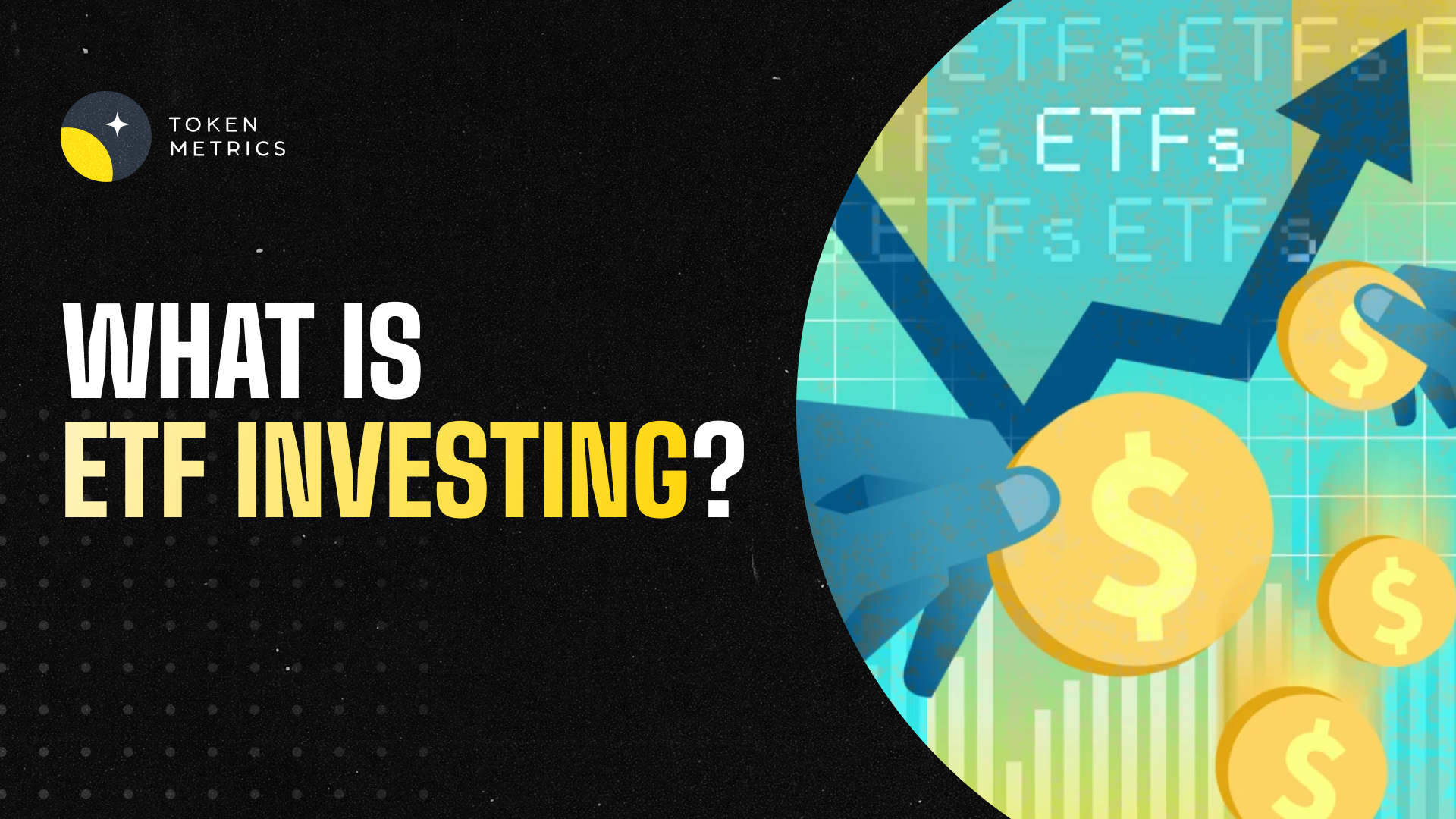

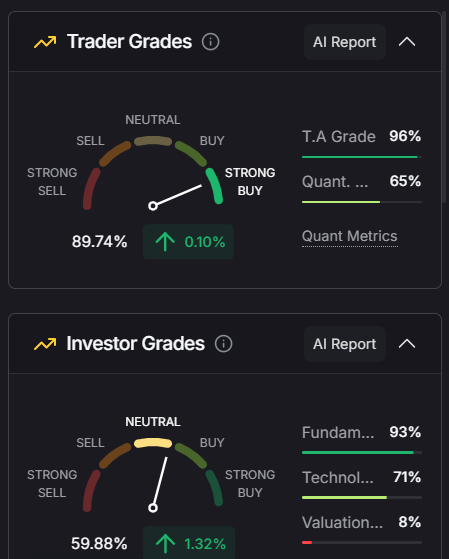

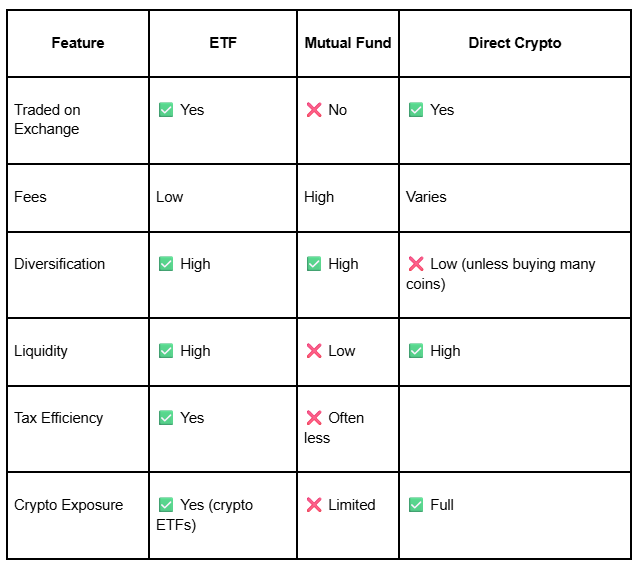
.png)

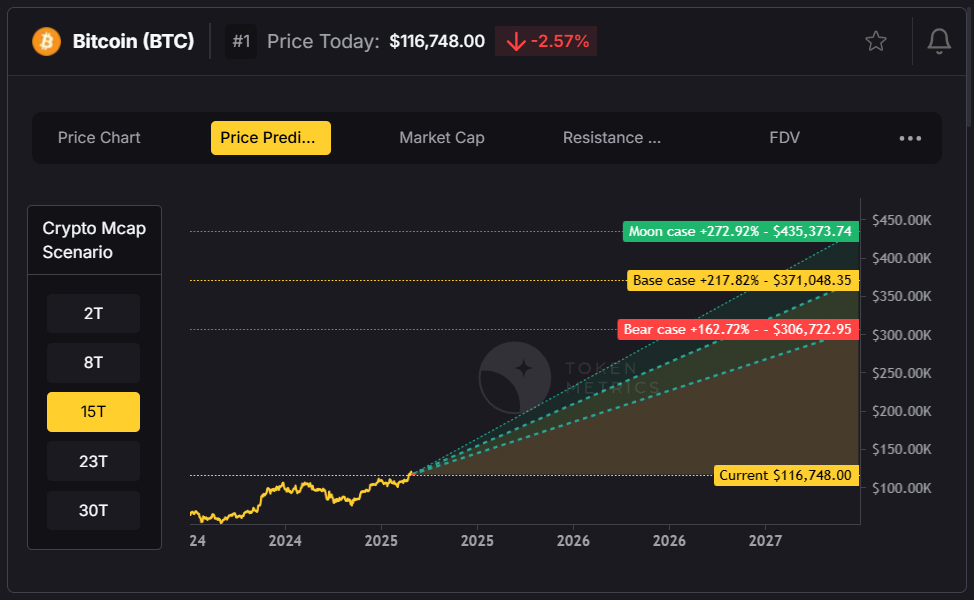

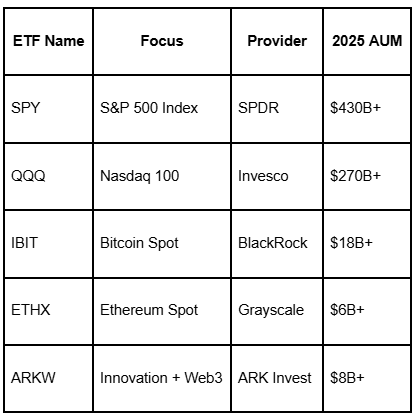
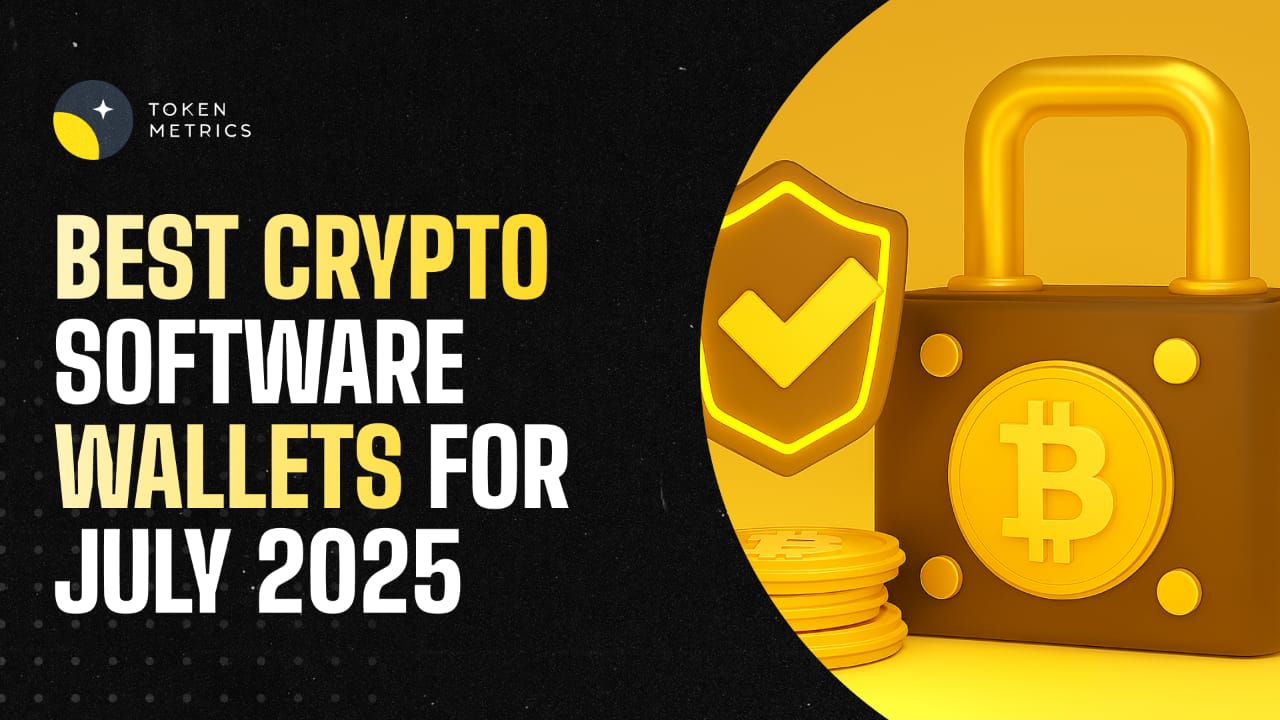



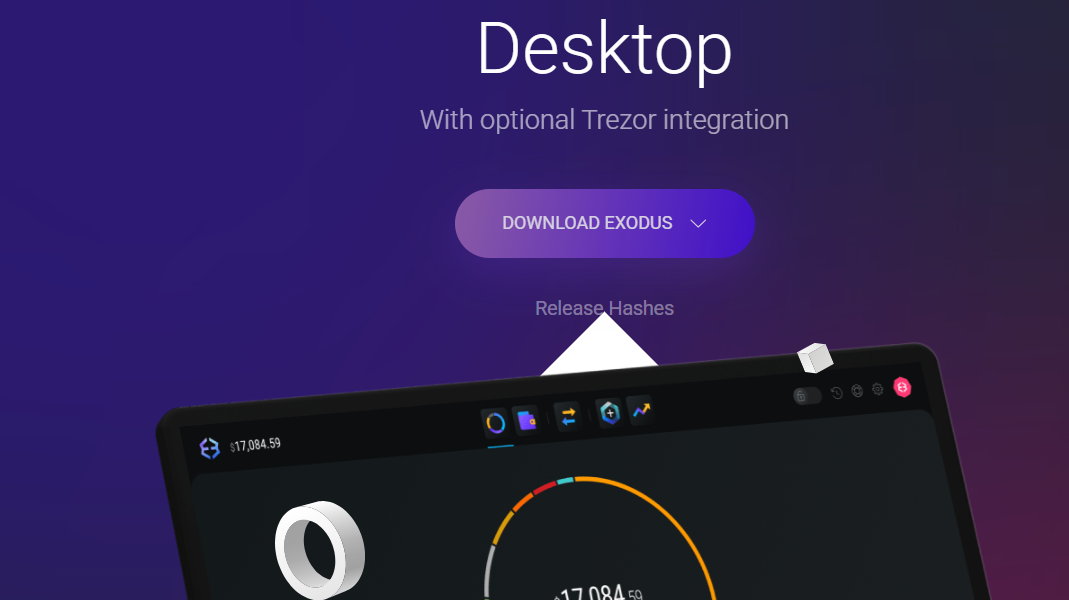
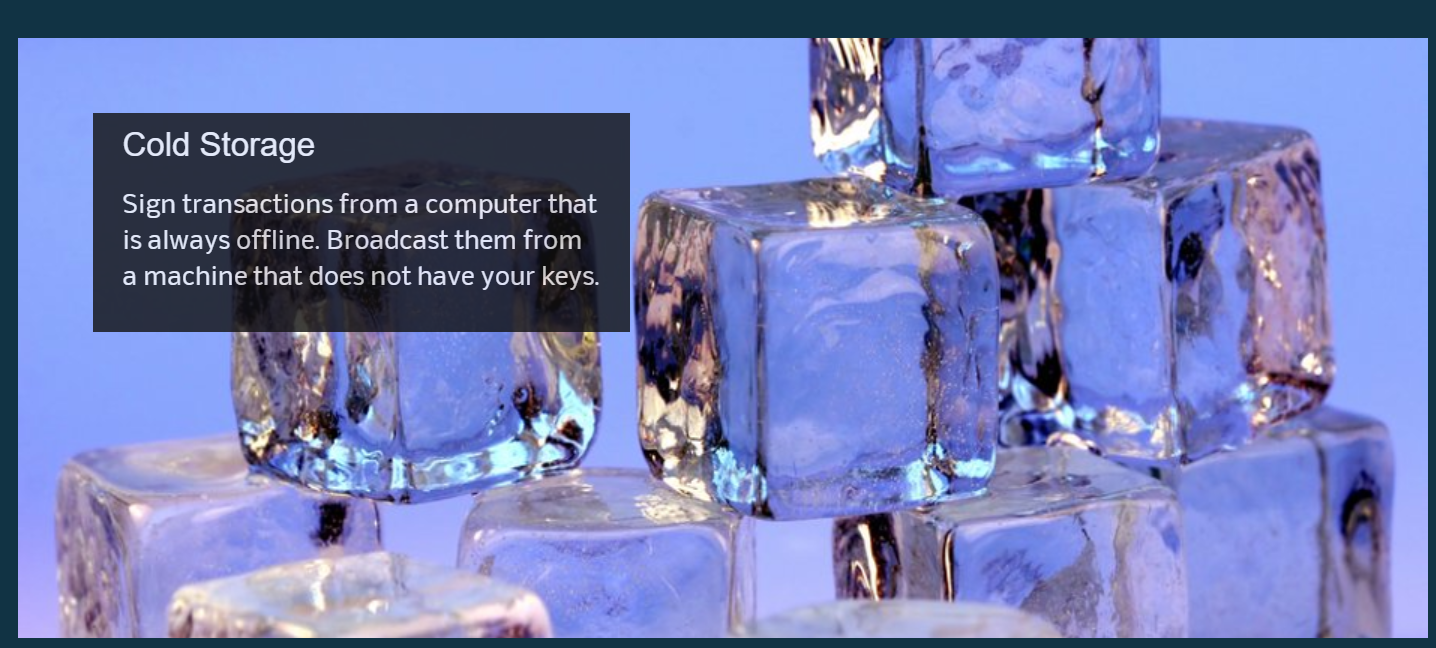


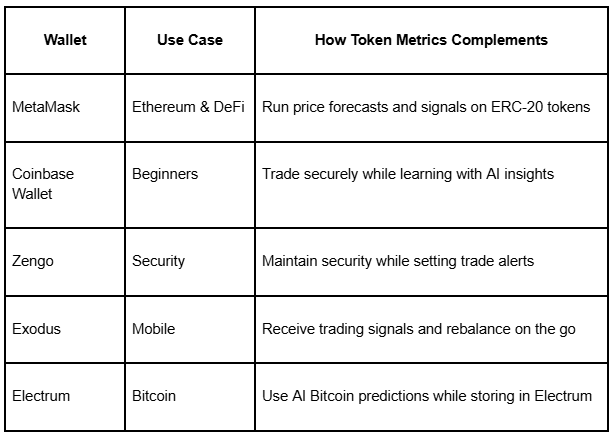




.svg)




.png)